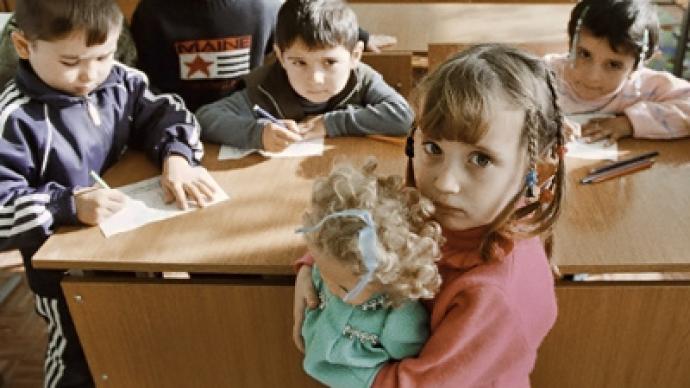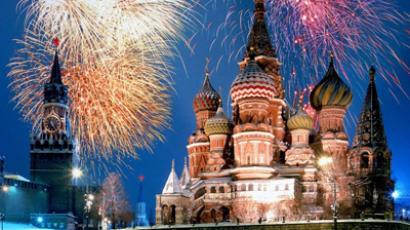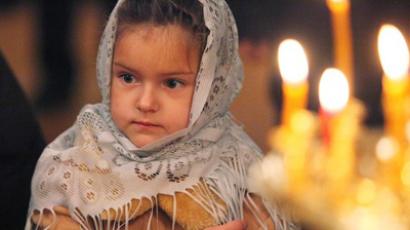Testing religion in the classroom

Some Russian schools are experimenting with the introduction of new religious classes to their students’ schedule, but in a multi-faith country it has opened debate on whether the lessons will help promote tolerance or rather split the country.
It looks like any other class, with quizzes, homework being set and an extensive syllabus. Yet, it is the only one in this Chechen school where pupils are not graded. They are studying the basics of Islam, the republic’s predominant religion, which was used by terrorists as a reason to try and force a violent breakaway from Russia in the 1990s.A student at this school, Subur Nadayeva, says Islam teaches respect, kindness, peace and tolerance.Peace and tolerance were top of the agenda when Russia’s Ministry of Education began testing religious subjects as part of the secondary curriculum last year. The experiment allows students to study one of four major religions or concentrate on secular ethics. Yet while trying to provide room for all, it is also putting pupils of different religious backgrounds in different classrooms.But dividing children who all live in one country is not a good idea, says teacher Zarvan Khosh-Akhmedov.“I think it was wrong to divide students so that some focus on Christianity while others study Islam,” he said. “We all live in one country and we all have to know some basics about each others’ faiths.”While the organizers of the experiment suggest that schools should be able to offer classes on any religion – no matter how small the group being taught – the shortage of financing often means that only one or two classes are offered.In the town of Kostroma, which is in central Russia, children are well-read about Orthodox Christianity – but few are able to name other religions practiced in Russia.“I don’t mind other faiths, but I like Orthodox Christianity better because it’s THE religion of our homeland,” said student Yulya Shadrina. About 300,000 students, just two per cent of the total school population, are taking part in the project. And while most of the schools involved would prefer to keep spiritual subjects on the schedule, experts say the trial needs a thorough revision before it is rolled out further.The line between teaching religion and indoctrination is a fine one – and a subject which, for many families, is one which should stay in the home.Sociologist Boris Kagarlitsky thinks that choosing which religion to study discriminates against people who do not subscribe to any of the religions. “So, what are they going to do?,” he demanded. “They are going to be separated out from the class or what? And actually, it also puts pressure on everybody to accept one or another form of religion not because they believe in this religion, but only because they have to, because everybody has to belong to some religious community which is anti-constitutional and anti-democratic.” So far this educational experiment has not yet been declared either a success or a failure. But some fear that instead of promoting religious tolerance and cultural understanding, it may actually foster ethnic bias and social segregation.














